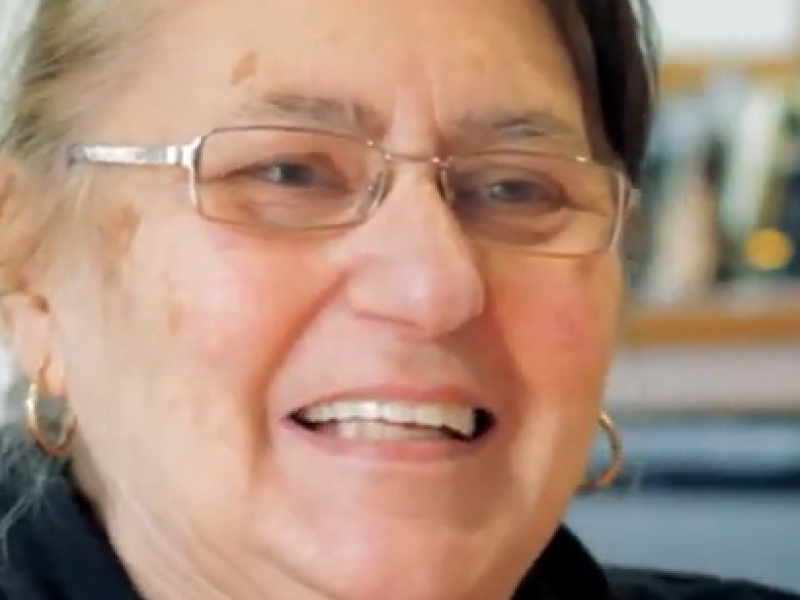Mind Australia’s Mental Health and Wellbeing Hubs are providing emotional and practical support to Victorians affected by the floods.
Mind staff are currently deployed across Echuca, Rochester, Bendigo, Wangaratta, Benalla and Maribyrnong, supporting people to access emergency services and financial support, and with help managing their mental health and wellbeing concerns.
Mind Australia Hubs Service Manager Rebecca Matheson Omondi said there are a number of ways staff are supporting people impacted by the devastating floods.
“We are providing psychosocial and emotional support to people traumatised, stressed or just generally concerned for their communities,” she said.
“We are also providing practical support by connecting people with appropriate emergency services and emergency relief grants; unfortunately, people don’t have access to chargers or computers, or phone data, so they are unable to apply for financial assistance in these challenging times.
“The floods have been devastating and traumatic for everyone affected so we are working to navigate the relevant support mechanisms so that people can cope and manage.”
The Mental Health and Wellbeing Hubs, established by the Victorian government, act as a ‘front door’ service, fast tracking connection to the mental health system. Their staff provide face-to-face support in the community, at operational hubs and via telehealth, in line with people’s preferences.
On Wednesday 19 October the Victorian government announced $1.5 million in surge funding for the Mental Health and Wellbeing Hubs in the worst-affected areas across regional Victoria and Melbourne’s west to help support Victorians doing it tough as a result of the floods.
In Bendigo, Mind Mental Health and Wellbeing Hub staff are set-up at the Bendigo Showgrounds relief centre.
People in need of support can access the Mental Health and Wellbeing Hubs by calling 1300 375 330.
Psychosocial supports – like the kind provided by Mind – help people with mental health and wellbeing concerns to manage daily activities, rebuild and maintain connections, engage with education and employment, and participate fully in the community. These are supports that help people take positive steps in their recovery journey.
If this article raises immediate concerns for you, please call Lifeline on 13 11 14. Aboriginal and Torres Straits Islanders can also call 13 YARN (13 92 76) a 24/7 national crisis support telephone service staffed by Aboriginal and Torres Strait Islander peoples.
